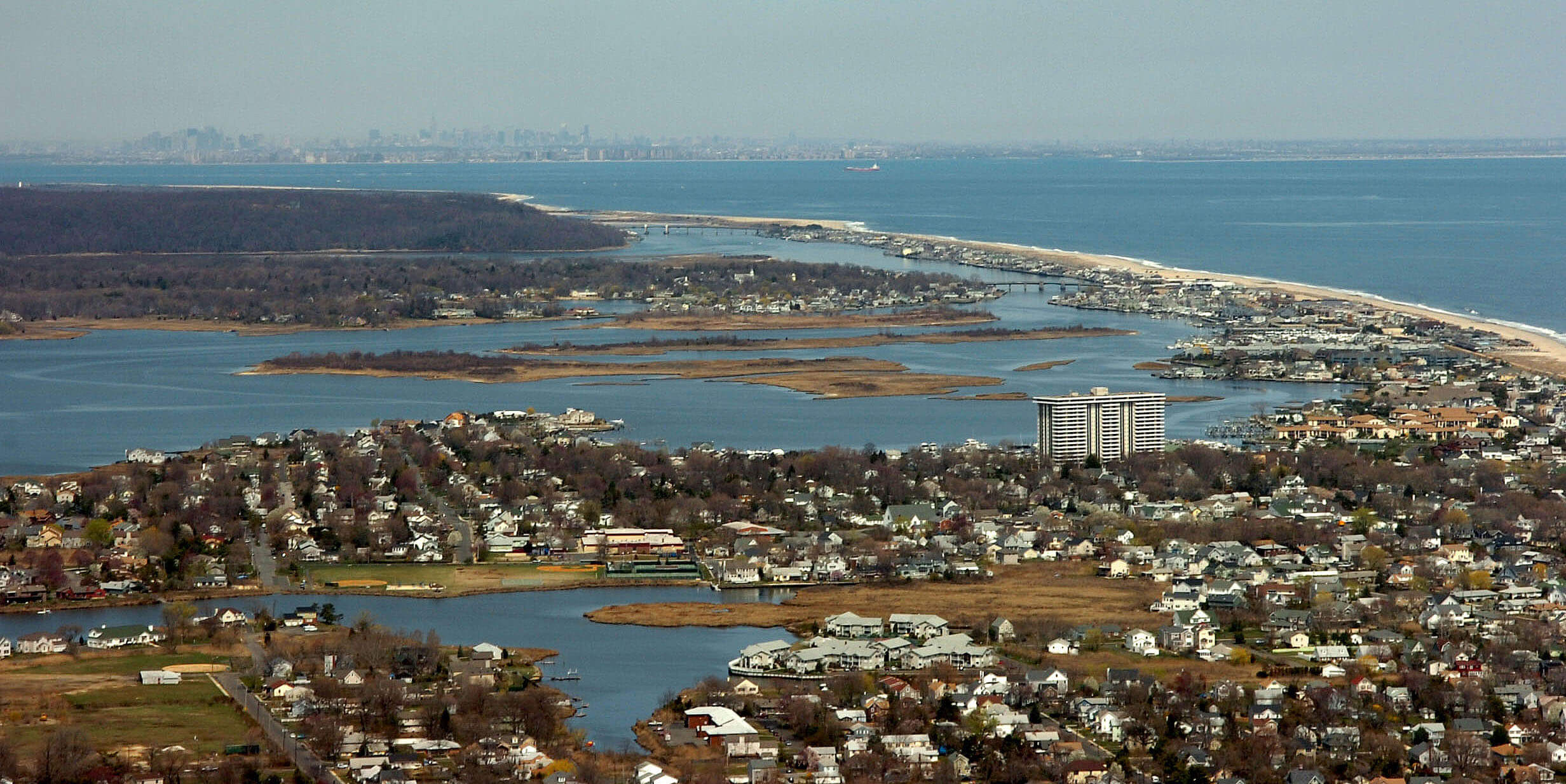
UCI Associate Director Thomas Herrington will serve on a national team of researchers focused on understanding climate change’s current and future influence on residential migration from America’s coastal communities.
The “People on the Move in a Changing Climate” project will build a Regional Coordination Network (RCN) led by representatives of 12 Sea Grant offices and Sea Grant-affiliated research institutions from the East Coast, West Coast, Gulf Region and Alaska. Herrington serves as the coastal community resilience specialist for the New Jersey Sea Grant Consortium. The three-year project is being managed by the University of Georgia and supported with a grant from the National Science Foundation (NSF).
The RCN will leverage Sea Grant’s relationships with local communities to facilitate collaboration among scientists, practitioners, resource managers and stakeholders to study climate-induced human mobility (including displacement, migration and planned relocation), its socioeconomic consequences, and its role in building resilience. It will also provide the scientific infrastructure required to conduct regionally tailored educational and engagement strategies.
According to the project abstract, sea level rise could force millions of U.S. residents from their homes by 2100, but researchers have paid relatively little attention to the impact of climate-induced human mobility on the receiving communities. And few coastal communities appear to be preparing for the projected influxes of people from sudden disaster-induced relocations and, more slowly, in response to the progressive impacts of sea level rise.
Herrington said that while climate-induced human mobility has been the subject of some research in places suffering from sea level rise and increased flooding, such as Bangladesh, or climate-driven changes in crop yields in Central America, less attention has been paid on its ramifications for America. He said the signs are already apparent in parts of the country.
“We’re starting to see it happen in Alaska,” Herrington said. “The first tipping point has been the villages along the coast, where sea level is rising, the permafrost is melting rapidly and people’s homes are sinking.”
The RCN will host a series of workshops throughout the country to develop research questions around the subjects of climate mobility and coastal resilience. The first workshop for the Northeast region is expected to be held at Monmouth University in the fall and gather experts from Maine to North Carolina.
